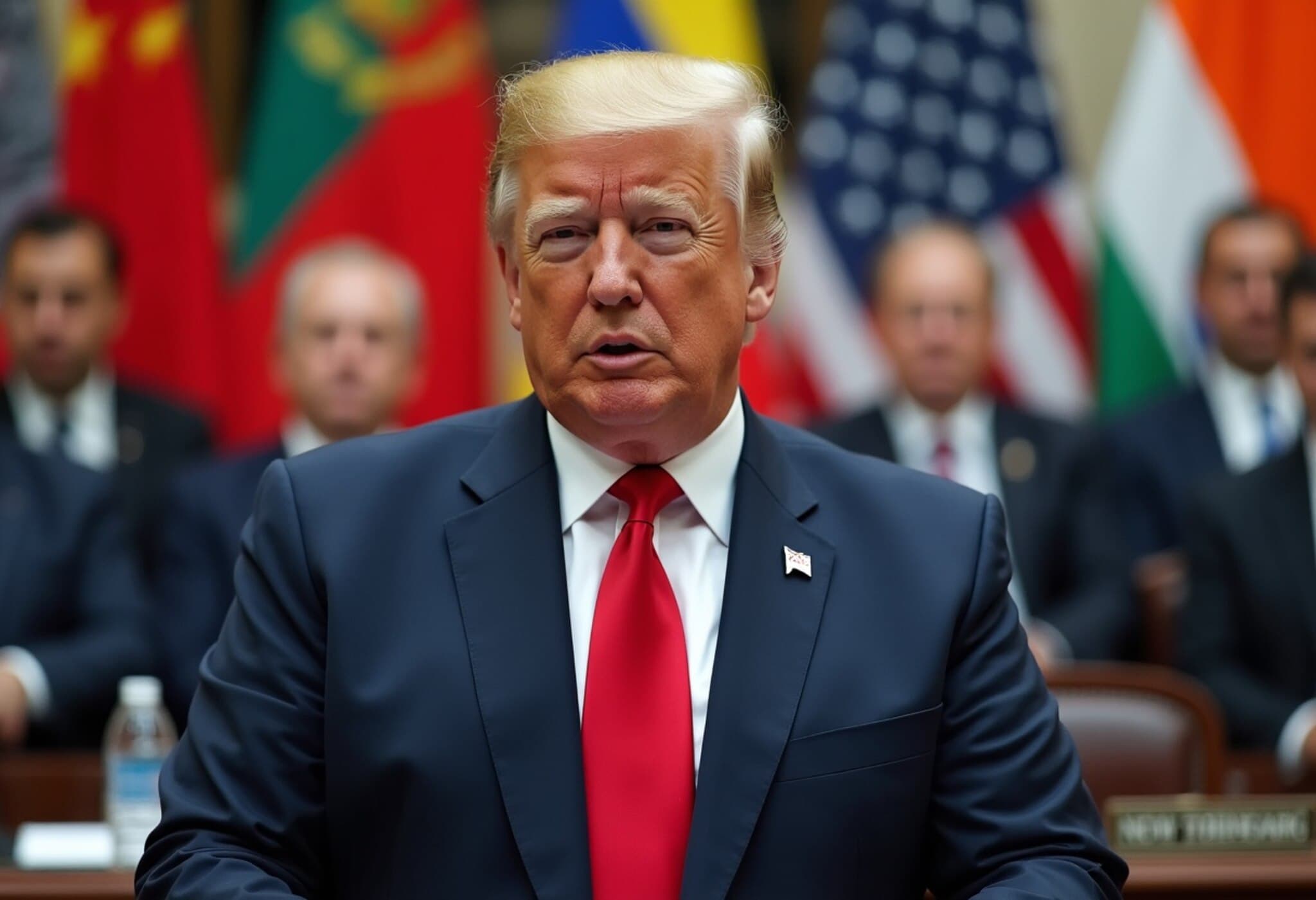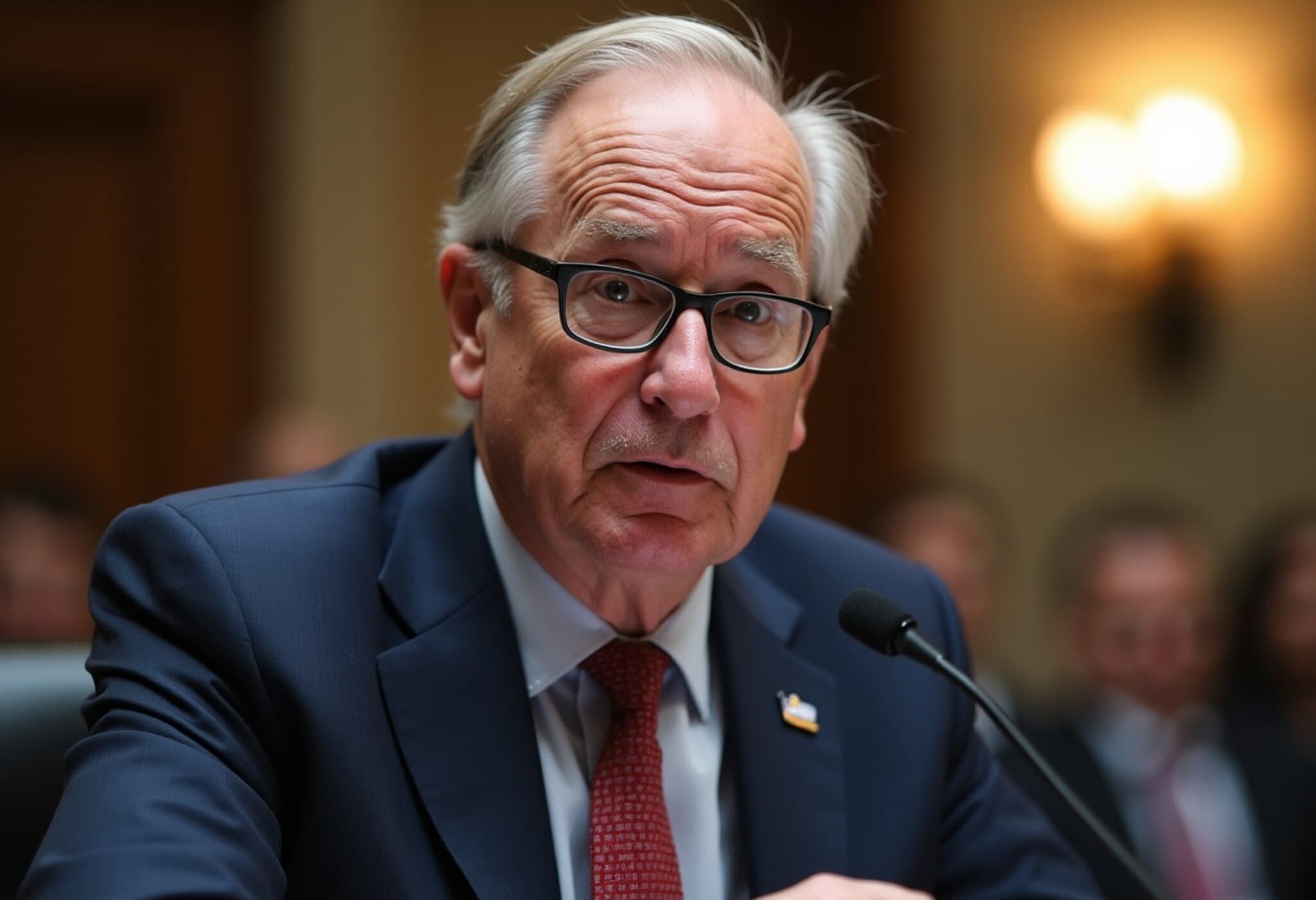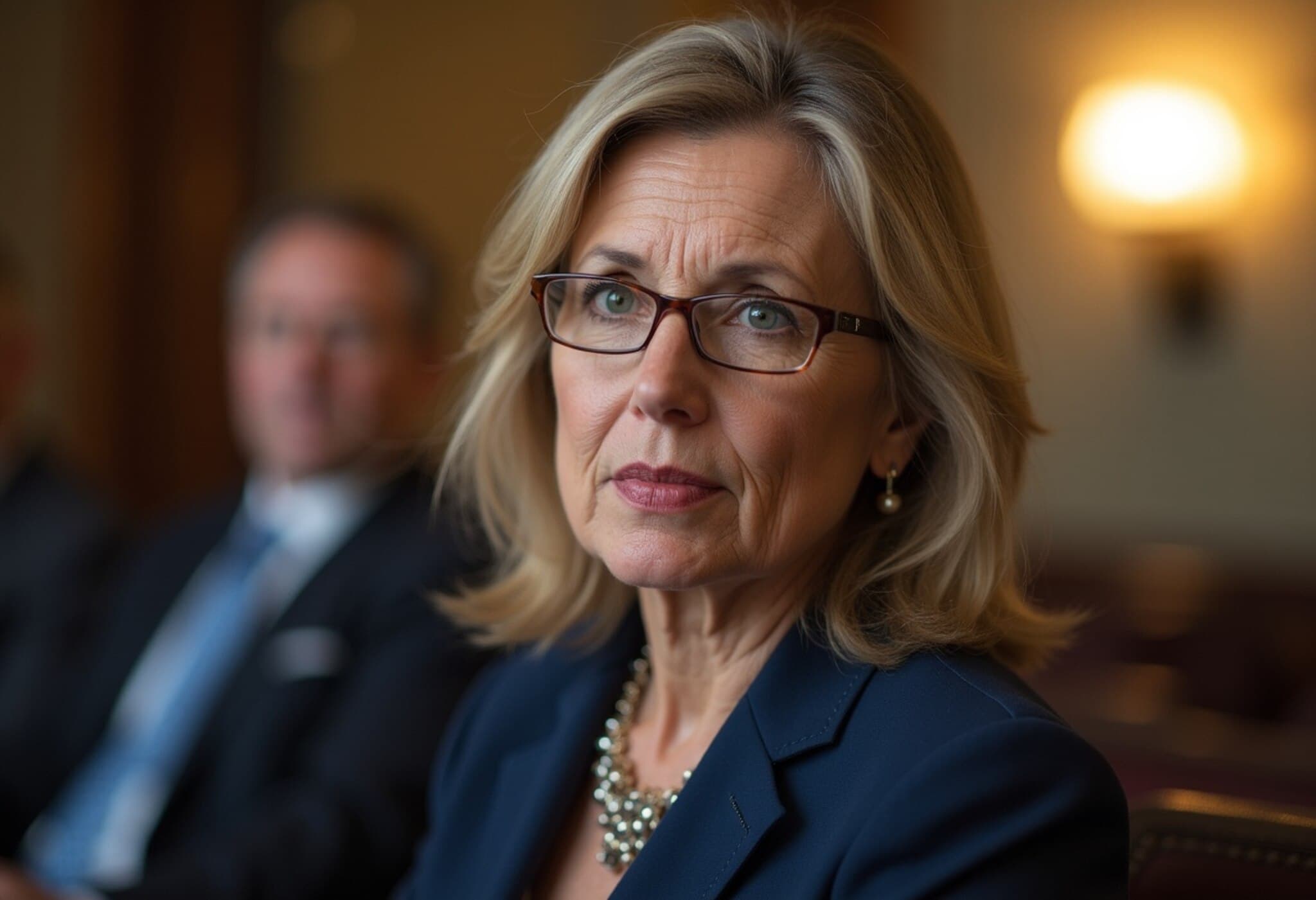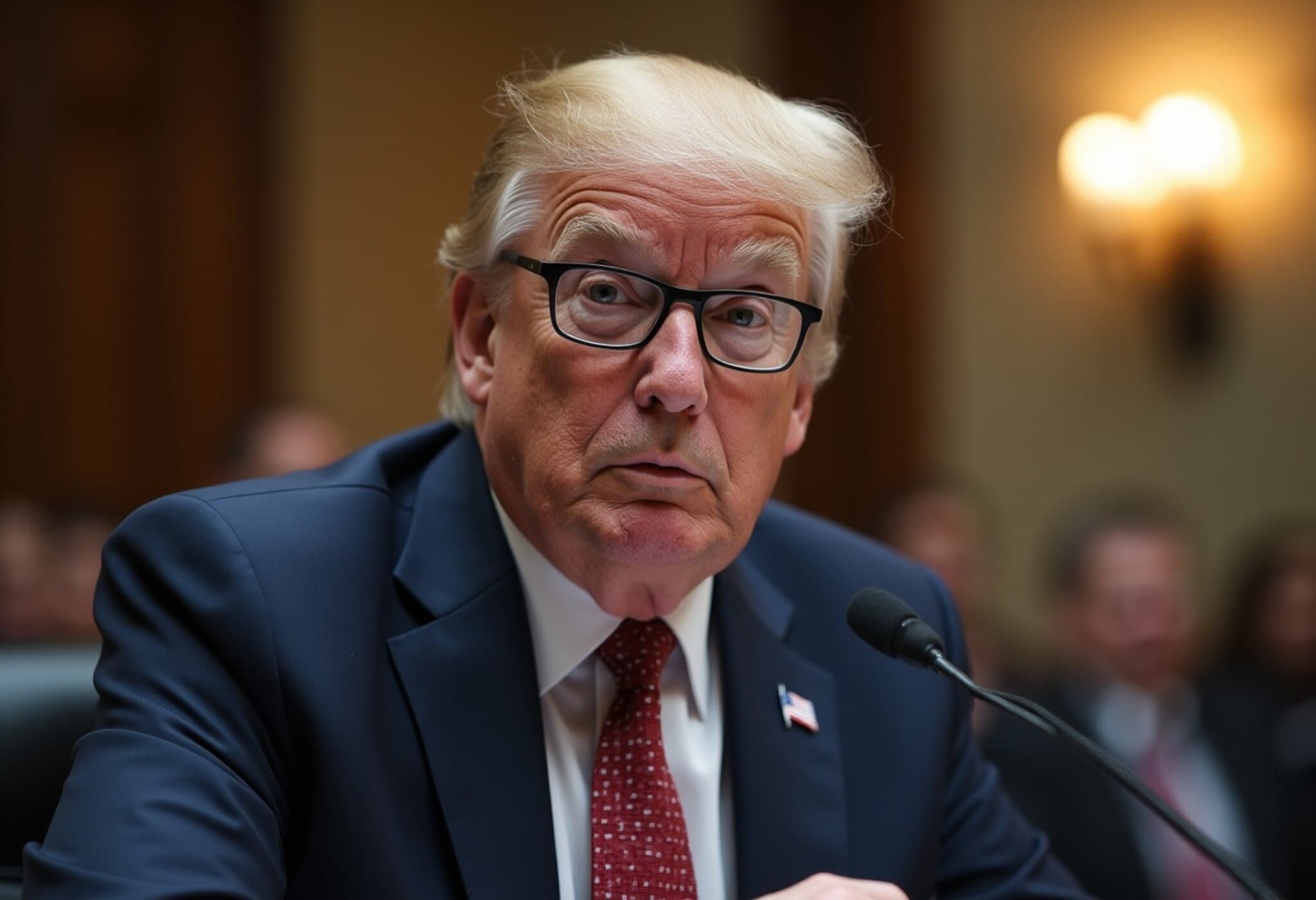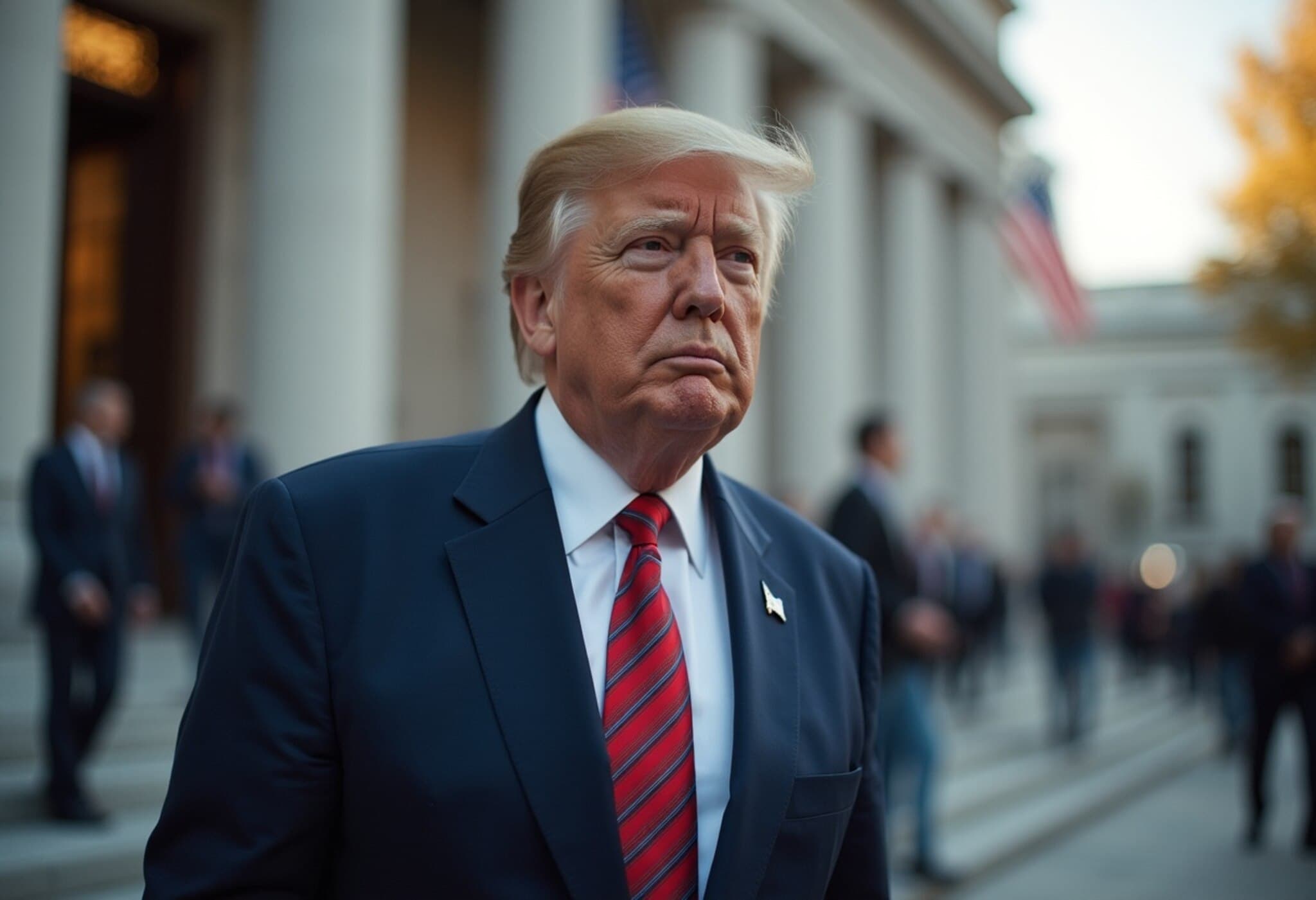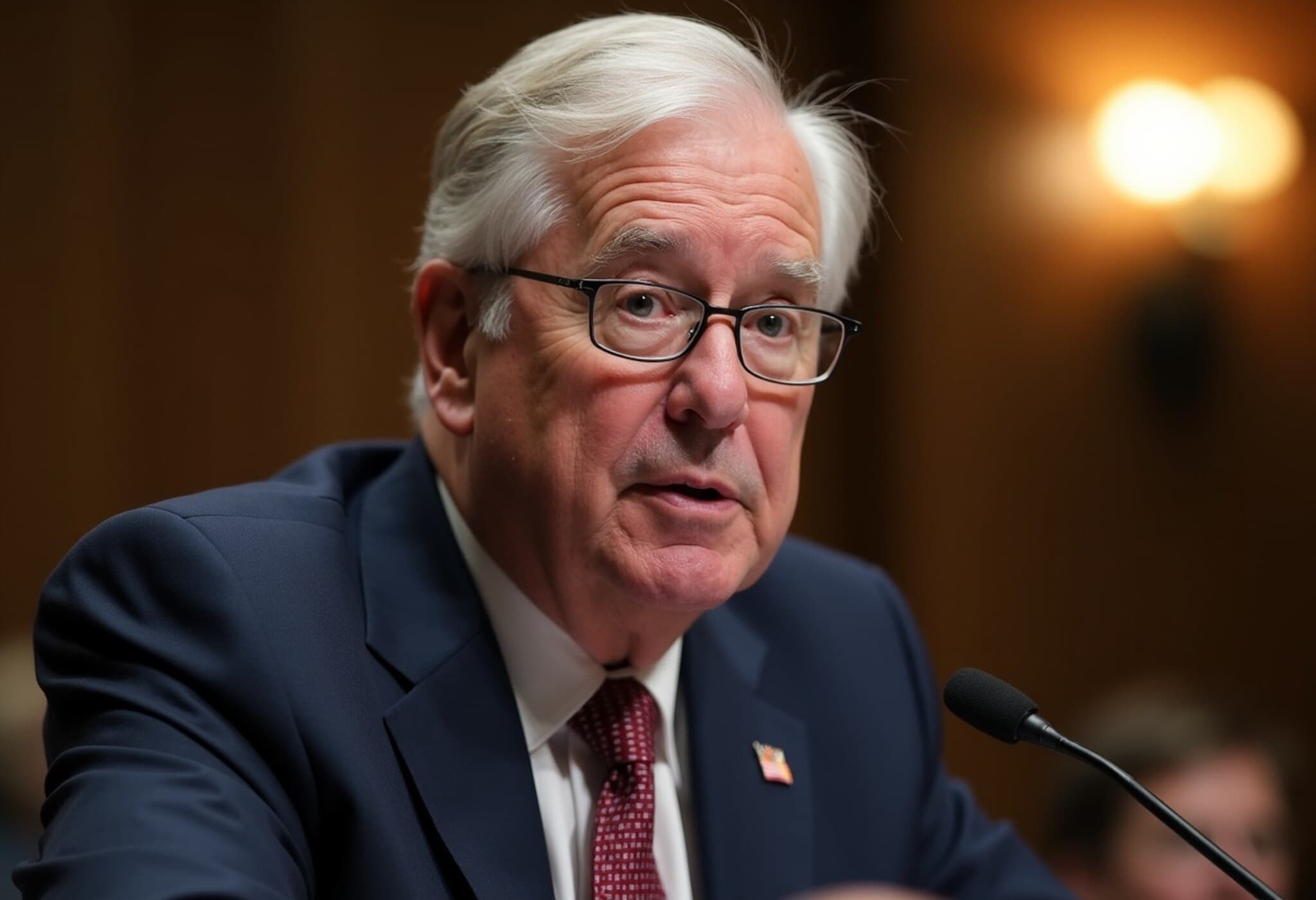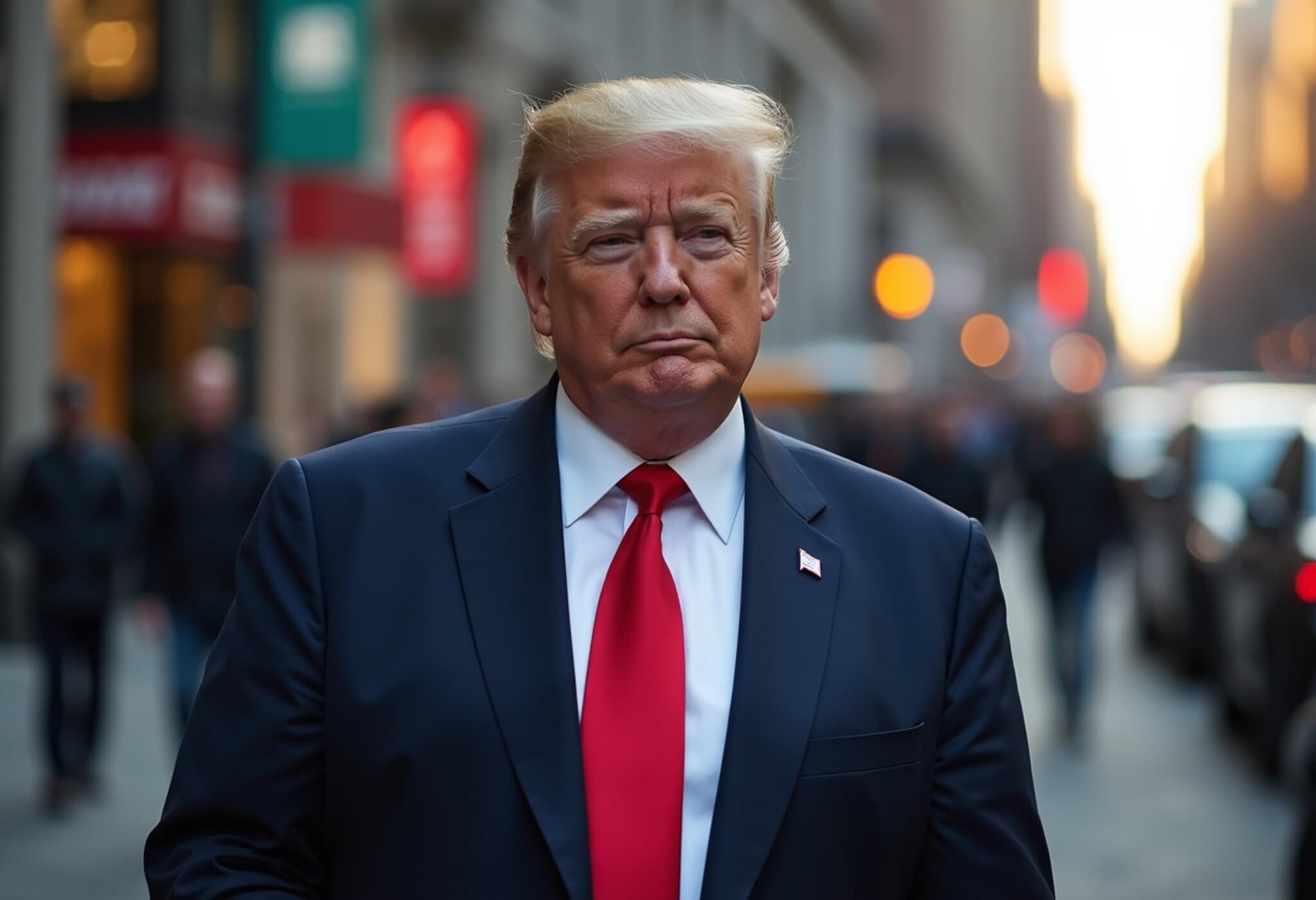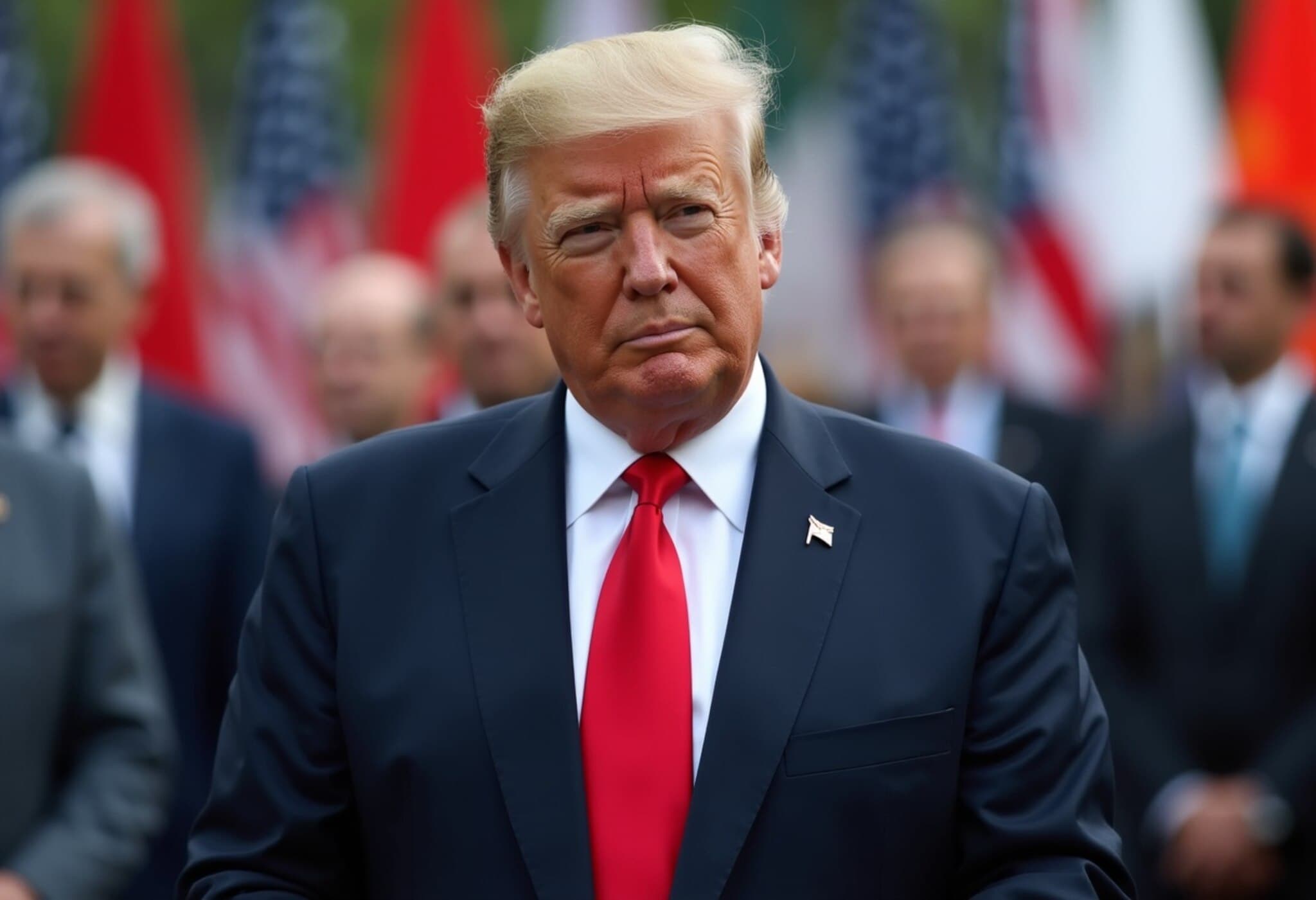Bank of Japan Eases Pace of Government Bond Purchase Reductions
The Bank of Japan (BOJ) announced that it will slow the reductions in its government bond purchases starting April next year, signaling a cautious approach amid increasing economic uncertainties. The central bank decided to maintain its benchmark interest rate at 0.5%, balancing its efforts to stabilize the market while responding to evolving growth risks.
Gradual Scaling Back of Bond Purchases
Continuing with its policy from last year, the BOJ plans to trim its monthly purchases of Japanese Government Bonds (JGBs) by approximately 400 billion yen ($2.76 billion) each quarter until March 2026, aiming to reduce monthly purchases to around 3 trillion yen.
From April 2026 through March 2027, the pace of reductions will slow, with quarterly cuts halving to about 200 billion yen. By that time, the central bank targets bringing monthly JGB acquisitions down to approximately 2 trillion yen.
The BOJ intends to reassess its strategy at the monetary policy meeting scheduled for June 2026 to ensure market stability and efficient functioning of JGB markets.
Supporting Market Stability Amid Inflationary Pressures
Although the BOJ is scaling back its bond purchases more cautiously, it remains vigilant about inflation trends. Inflation has consistently remained above the BOJ's 2% target for over three years, with April's figure unexpectedly climbing to 3.5%. This persistent inflation partly stems from domestic challenges like a rice shortage, which has led to a spike in rice prices, prompting government release of emergency stockpiles.
Economic Growth Concerns
Japan's economy is showing signs of strain, shrinking by 0.2% quarter-on-quarter in the latest report, its first contraction in a year. This downturn is largely attributed to declining exports, which have pressured overall growth prospects.
Despite these headwinds, the BOJ has indicated it will consider raising rates only after gaining greater confidence that inflation will stabilize near its 2% goal.
Looking Ahead
- Quarterly bond purchase reductions will slow starting April 2026.
- Monthly JGB purchases expected to be about 4.1 trillion yen as of mid-2025.
- Benchmark interest rate remains steady at 0.5% for now.
- Economic growth uncertainties and persistent inflation remain crucial factors in future policy decisions.
Overall, the Bank of Japan’s tempered approach reflects a careful balancing act, aiming to support financial market stability while cautiously navigating inflation trends and the country’s slower economic growth.






